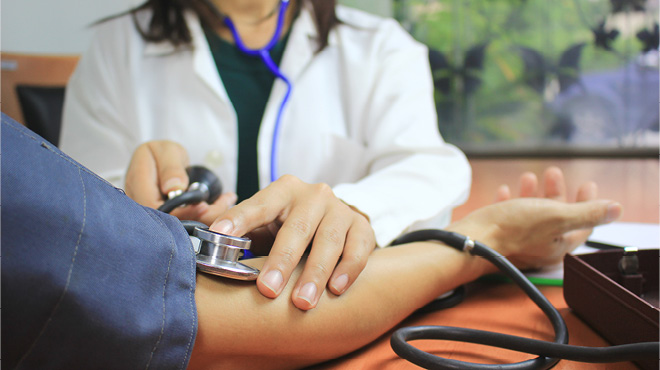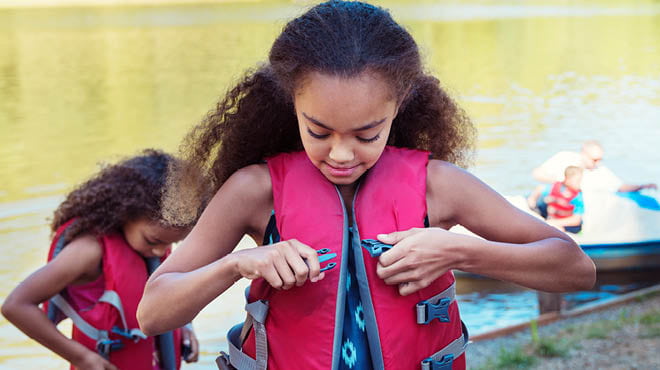Recent Posts
When temps rise, remember these heatstroke prevention tips

Time outdoors is time well spent throughout the year, but it's especially enjoyable during the summer. Hiking, fishing, boating and other warm-weather activities can renew your appreciation for nature. They also are good for physical and mental health.
Summer can bring hot temperatures, and working or playing in the heat can be dangerous. As you head out this summer, remember to take precautionary measures to prevent heat-related injuries when you're far from climate-controlled environments.
Sometimes when people are having fun outside in the summer, they don't realize they're becoming overheated. If the condition reaches the level of heatstroke, it's serious and immediate medical attention is needed.
Heat exhaustion often precedes heatstroke. The signs of heat exhaustion include cool, moist skin with goose bumps when in the heat, heavy sweating, faintness, dizziness, fatigue, rapid pulse, headache and nausea. Without prompt treatment, heat exhaustion can lead to heatstroke, a life-threatening condition. Heatstroke occurs when the body reaches a temperature of 104 degrees or higher, and symptoms can include confusion, altered speech, nausea or vomiting, rapid breathing and a racing heartbeat, among other symptoms.
The good news is that you can prevent heat exhaustion and heat stroke.
Take these steps to prevent heatstroke during hot weather:
- Wear loose-fitting, lightweight clothing.
Wearing excess clothing or clothing that fits tightly won't allow your body to cool properly. - Protect against sunburn.
Sunburn affects your body's ability to cool itself, so protect yourself outdoors with a wide-brimmed hat and sunglasses and use a broad-spectrum sunscreen with a sun protection factor, or SPF, of at least 30. Apply sunscreen generously and reapply every two hours, or more often if you're swimming or sweating. - Drink plenty of fluids.
Staying hydrated will help your body sweat and maintain an average body temperature. - Take extra precautions with certain medications.
Ask your health care team your medications can affect your body's ability to stay hydrated and dissipate heat. - Never leave anyone in a parked car.
This is a common cause of heat-related deaths in children. When parked in the sun, the temperature in your car can rise 20 degrees F in 10 minutes. It's unsafe to leave a person or pet in a parked car in warm or hot weather, even if the windows are cracked or the car is in the shade. Keep your car locked to prevent a child from getting inside when it is parked. - Take it easy during the hottest parts of the day.
If you can't avoid strenuous activity in hot weather, drink fluids and rest frequently in a cool spot. Try to schedule exercise or physical labor for cooler parts of the day, such as early morning or evening. - Get acclimated.
It can take several weeks for your body to adjust to hot weather. Limit time spent working or exercising in the heat until you're conditioned to it. People not used to hot weather are especially susceptible to heat-related illnesses. - Be cautious if you're at increased risk.
If you take medications or have a condition that increases your risk of heat-related problems, avoid the heat and act quickly if you notice symptoms of overheating. If you participate in a strenuous sporting event or activity in hot weather, make sure medical services are available in case of a heat emergency.
Heatstroke requires emergency treatment. Left untreated, it can quickly damage your brain, heart, kidneys and muscles. The damage worsens the longer treatment is delayed, increasing your risk of serious complications or death.
Stephen Stacey, D.O., is a Family Medicine physician in La Crosse, Wisconsin.




